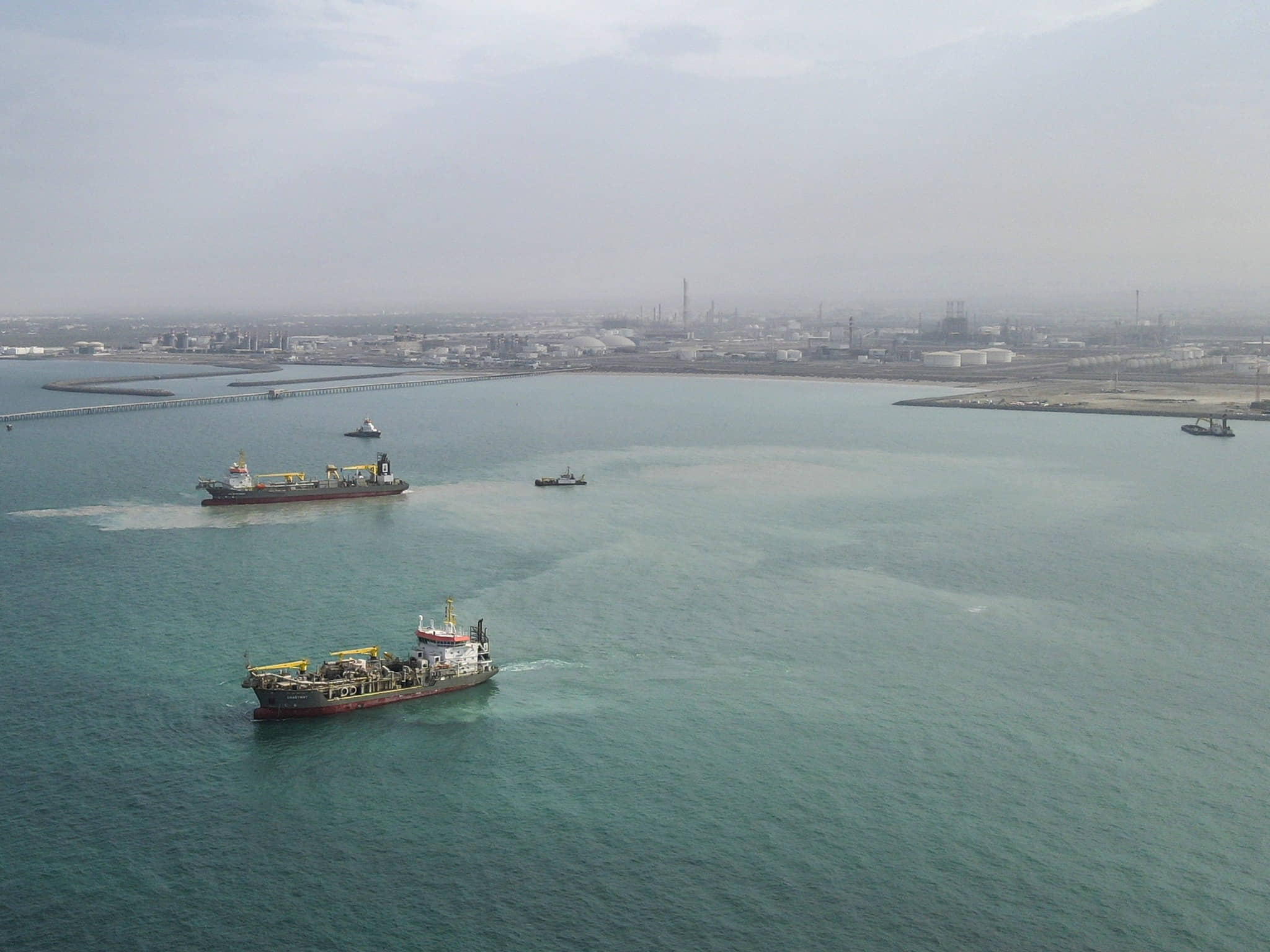Now Reading: NSTA and Crown Estate Scotland to team up on North Sea energy, carbon storage
-
01
NSTA and Crown Estate Scotland to team up on North Sea energy, carbon storage
NSTA and Crown Estate Scotland to team up on North Sea energy, carbon storage

NSTA and Crown Estate Scotland to Collaborate on North Sea Energy, Carbon Storage
May 16, 2025, by Zerina Tax
The North Sea Transition Authority (NSTA) and Crown Estate Scotland (CES) have agreed to work together on energy and carbon storage initiatives in the North Sea. This collaboration, outlined in a Statement of Intent (SoI), aims to facilitate the co-location of technologies, support net-zero targets, and establish a coordinated approach to seabed management.
The agreement focuses on promoting sustainable business practices in the North Sea by aiding various technologies in sharing space to advance net-zero targets. While operating with distinct mandates, both organizations will cooperate to assist the UK and Scottish Governments in achieving their decarbonization objectives. This includes simplifying leasing and licensing procedures for carbon storage, promoting carbon capture, usage, and storage (CCUS) deployment in Scottish waters, and addressing co-existence challenges in marine industries.
The SoI provides a framework for coordinated seabed utilization, with the goal of maximizing the North Sea’s potential for multiple energy and storage solutions. Data sharing is a crucial aspect of the agreement, aiming to enhance delivery through platforms such as the Marine Data Exchange and National Data Repository.
NSTA and CES plan to collaborate through the Offshore Energy Digital Strategy Group to accelerate the digitalization of offshore energy systems and support data-driven decision-making. They will work together to identify knowledge gaps, conduct studies, and improve digital capabilities. Additionally, the agenda includes initiatives such as infrastructure reuse, offshore platform electrification, and integration with offshore wind.
Recently, NSTA granted three carbon storage permits to Eni, an Italian oil and gas company, for the HyNet CCS project in Liverpool Bay. This move allows for the development of a 109 million tonne CO2 storage system over the next 25 years.






